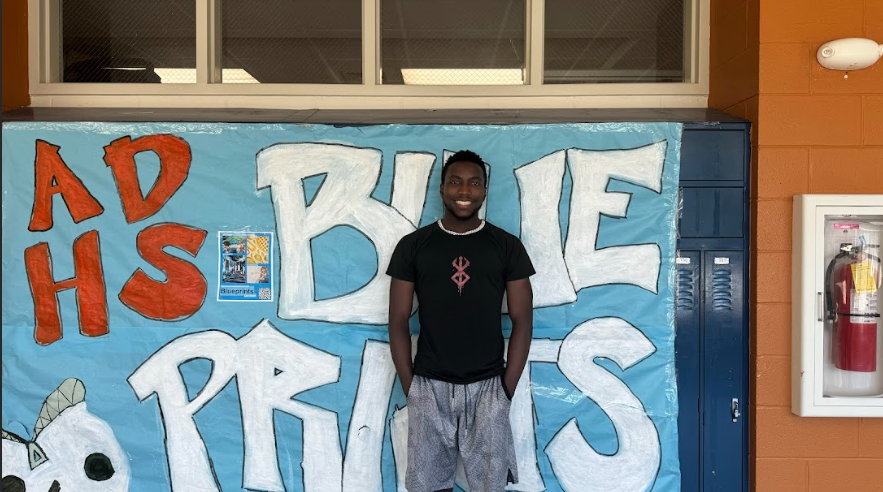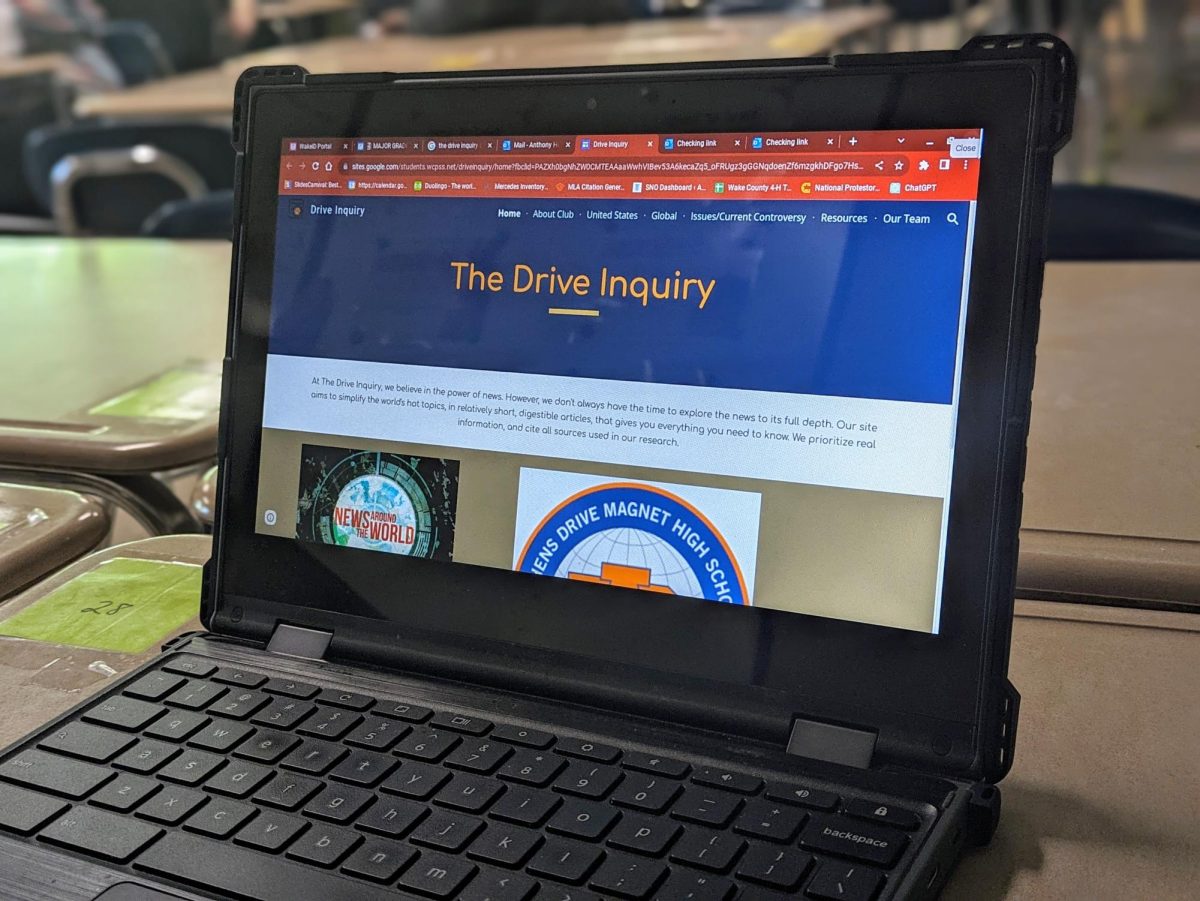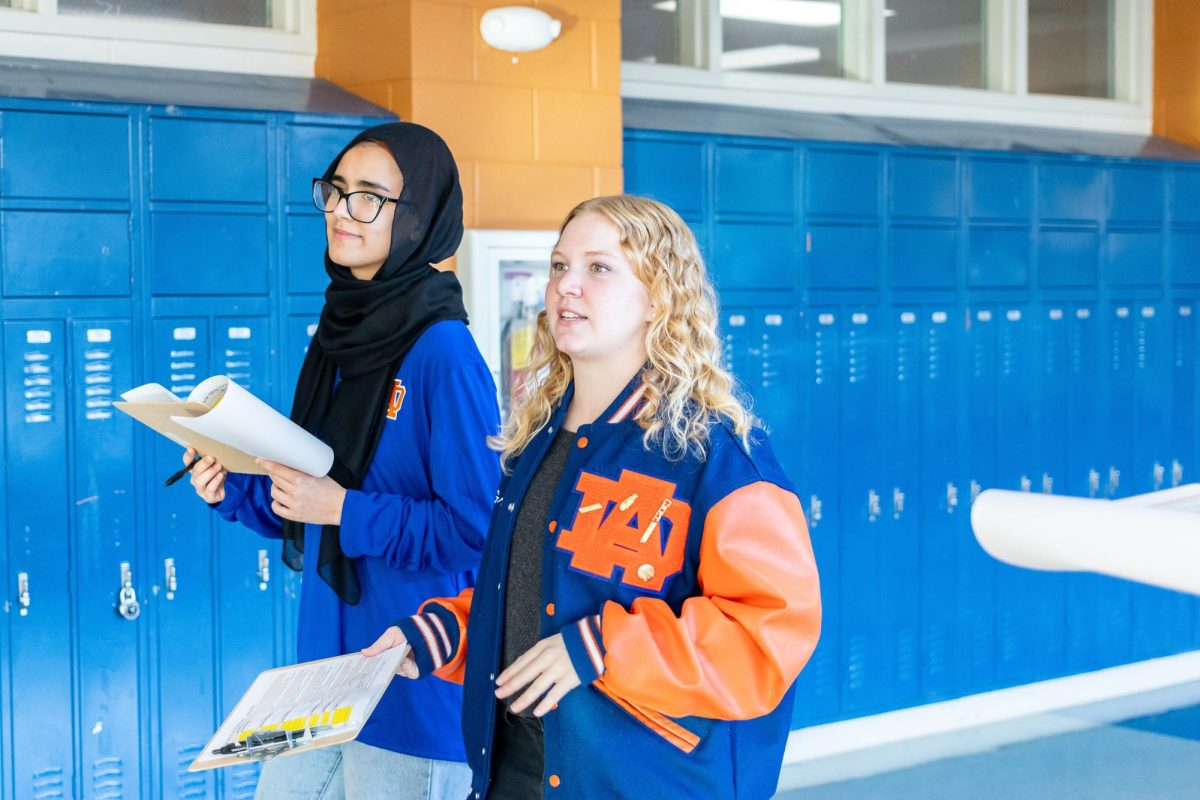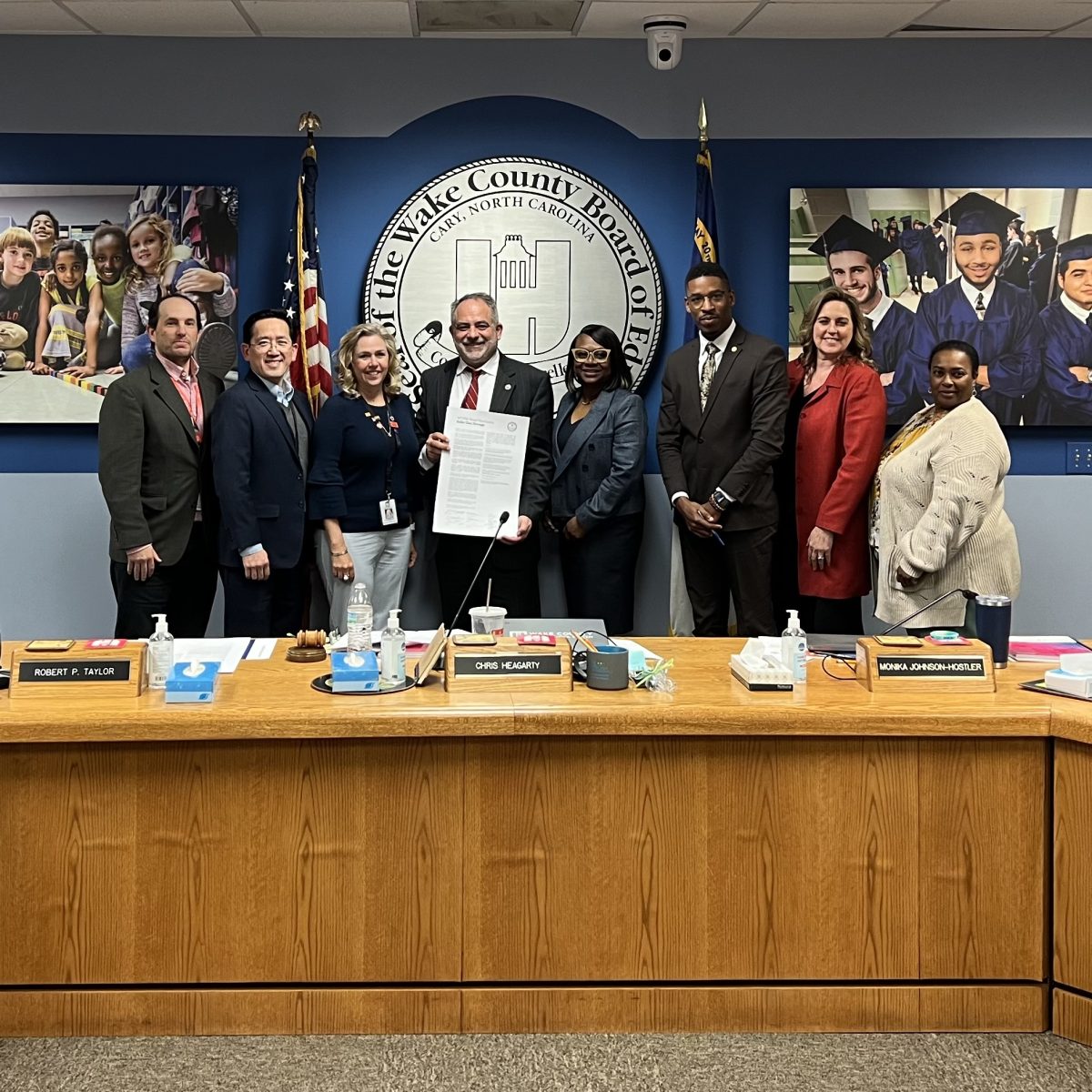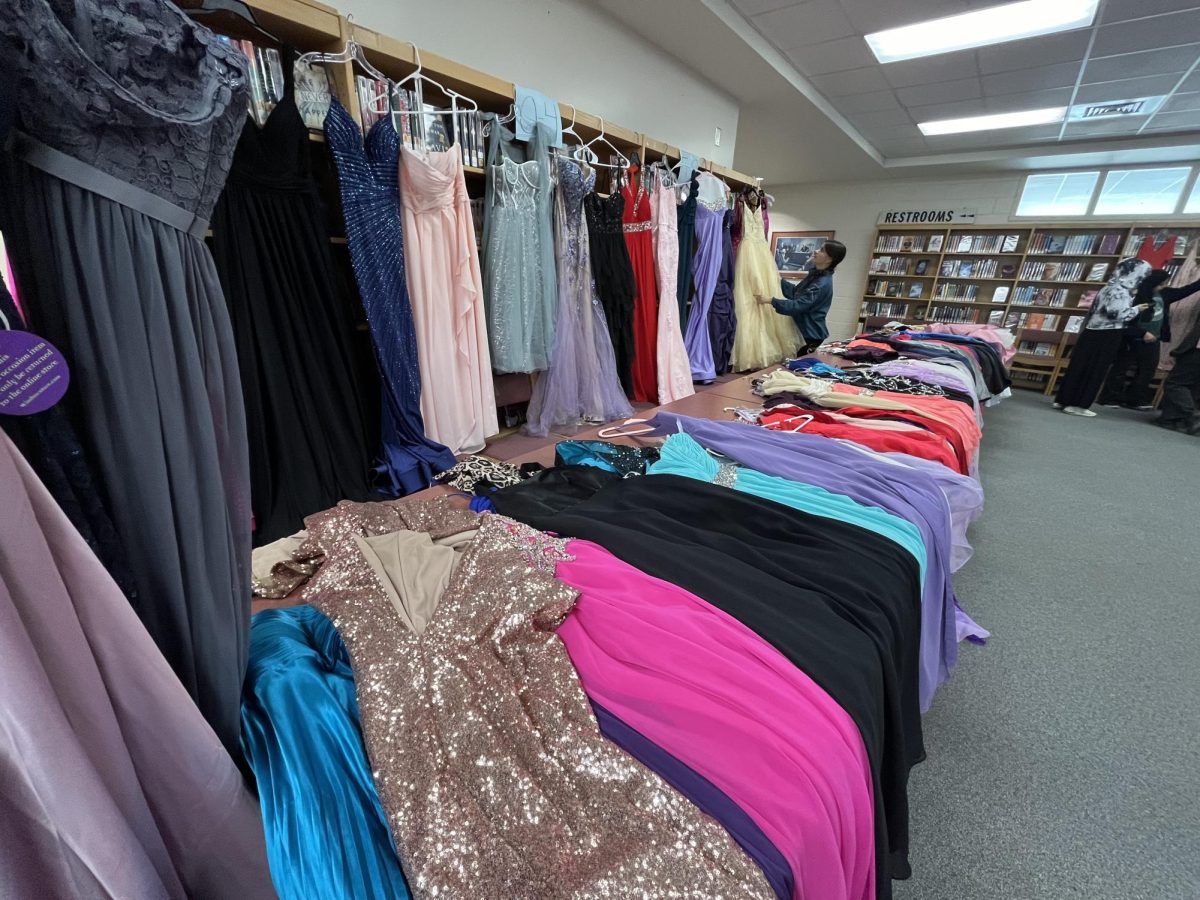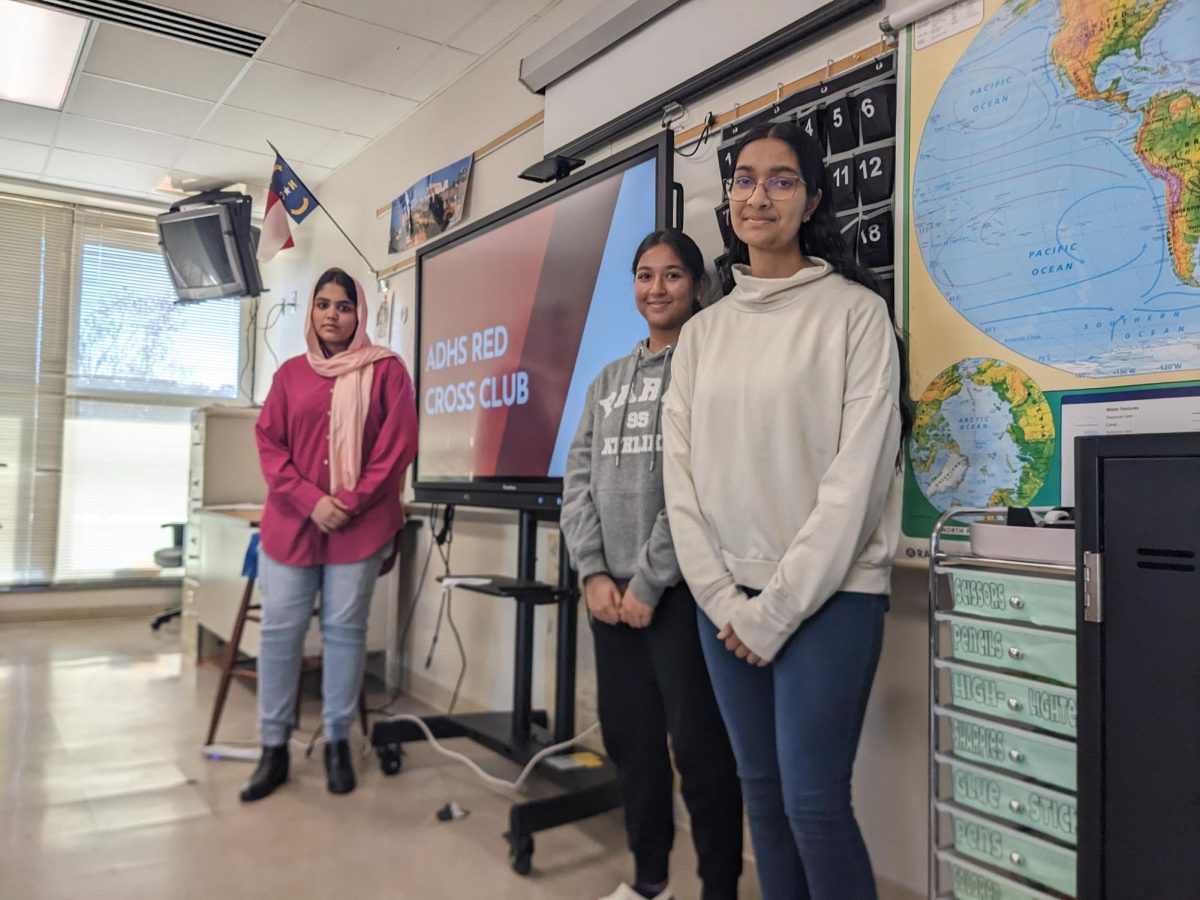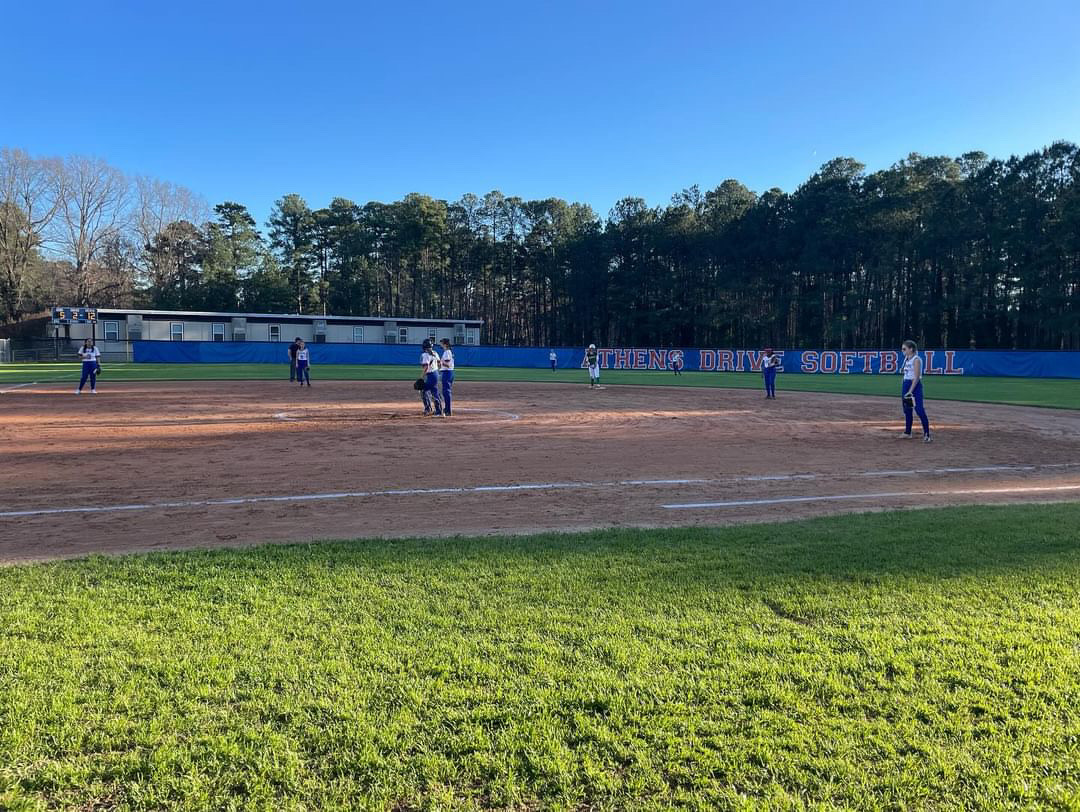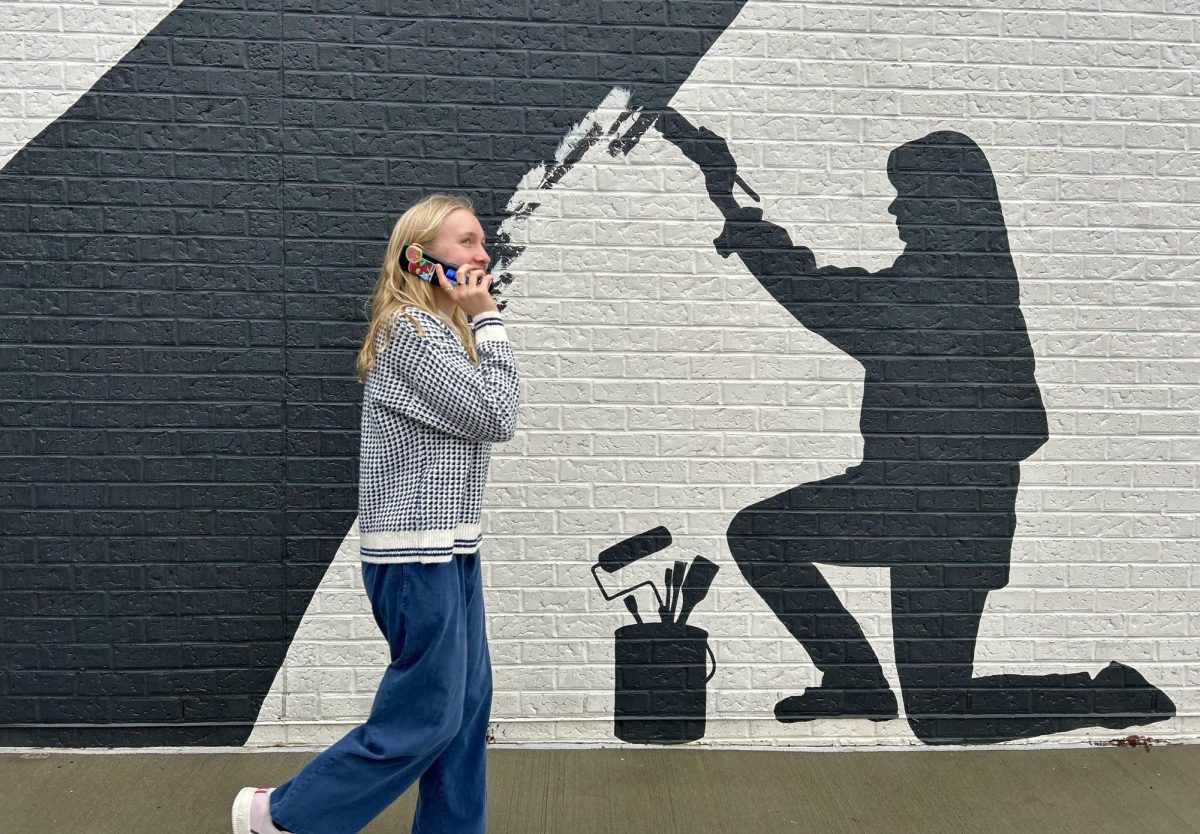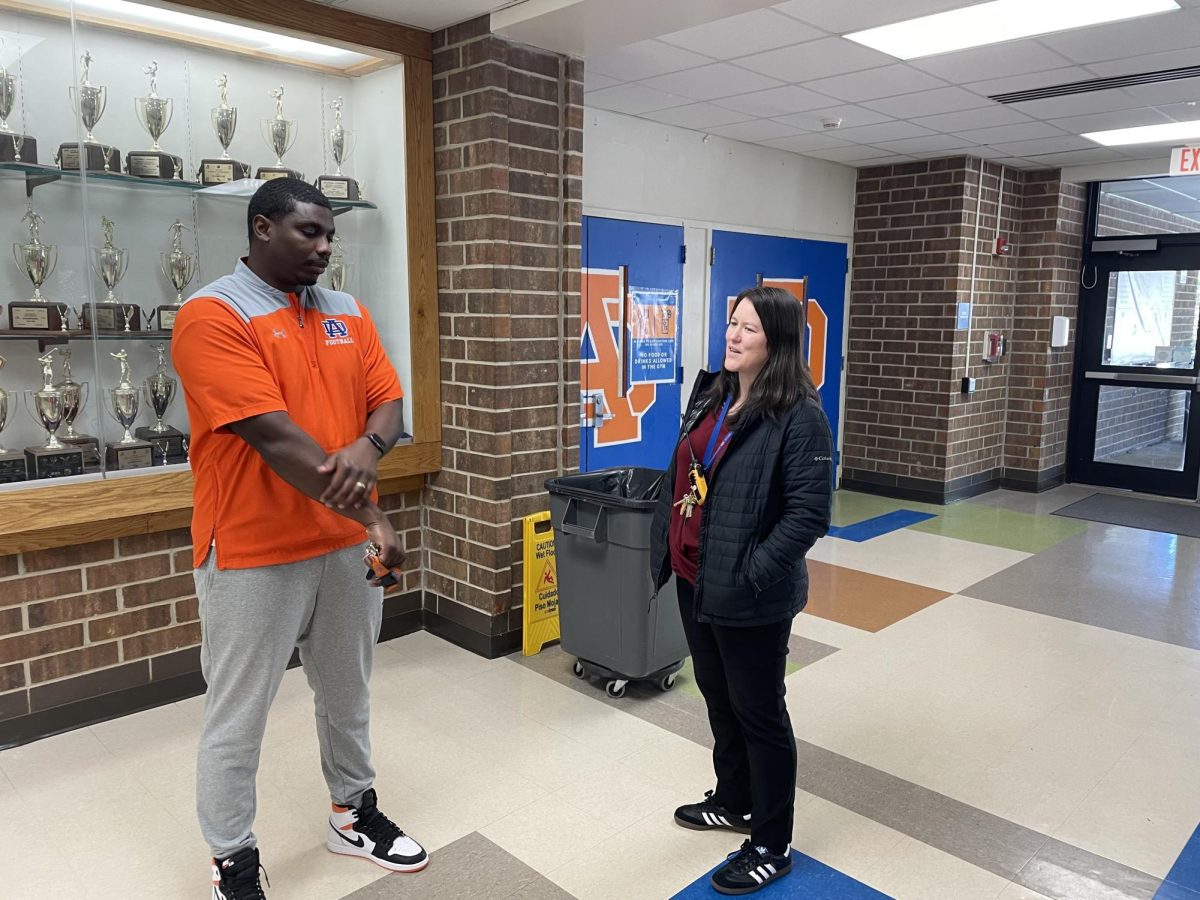An outbreak of coronavirus has spread from the Chinese city of Wuhan to numerous countries around the world. Thousands of cases were identified and the World Health Organization (WHO) declared the 2019 novel coronavirus outbreak a public health emergency. As of Feb. 5, 2020, the coronavirus global death toll reached nearly 500 and people worldwide were worried about the sake of their health in the hands of this respiratory disease.
The first case of the 2019 coronavirus was identified by Chinese authorities in Dec. 2019. This outbreak of coronavirus is a betacoronavirus, like Middle East respiratory syndrome (MERS) and severe acute respiratory syndrome (SARs), which both originated in bats. The DNA sequences from U.S. patients are similar to one that China posted initially, which suggested a likely emergence of the virus from an animal reservoir.
“Outbreaks remind us that we’re a global society with all the intercontinental travel and we can’t isolate ourselves from other countries,” said Kimberly Clay, AP Environmental Science teacher at Athens Drive.
The disease’s symptoms include fever, cough and shortness of breath, which, according to the Center for Disease Control (CDC), can appear in as few as two days to as long as 14 days after exposure. This coronavirus outbreak has resulted in some people having little to no symptoms, but others became severely ill and some ultimately died.
“I honestly don’t feel that worried because after doing research I understood that the coronavirus was an issue but it is across the earth and there was little chance it will affect me or my daily life,” said Humairaa Zafiruddin, junior at Athens Drive.
As an attempt to try to contain the coronavirus, Chinese authorities imposed a lockdown on the city of Wuhan. The lockdown occured Jan. 23, 2020, trapping 11 million people inside the city. The lockdown included the cancellation of all flights, trains and buses leaving Wuhan, as well as all intra-city public transports suspended. Highways out of the city were also blocked.
In the United States, situations have not reached the same severity as Wuhan, China. As of Feb. 5, 2020, there had been 12 confirmed cases of the coronavirus in the U.S., the most recent being in Madison, Wis. There have been six cases of coronavirus in California, two in Illinois, and only one each in Arizona, Washington, Massachusetts and Wisconsin. Most of those who caught the virus had recently returned from Wuhan, and the others caught the disease through transmission.
“I didn’t think [the coronavirus] would be that big of a deal because Ebola and Zika had outbreaks that were—in the scheme of things—not as significant as the media made them out to be. I think it’s a concern because of how contagious it is, but I’m not sure how big of a concern this virus is in comparison to other common viruses like the flu, which has become worse over the years,” said Aliyaa Pathan, junior.
A vaccination for the coronavirus has not been made and in order to avoid catching the virus, people are advised to take measures to avoid being exposed to it. These include washing hands often with soap and water for at least 20 seconds, especially after using the bathroom, before eating and after blowing the nose, coughing or sneezing, avoiding contact with the eyes, nose and mouth with unwashed hands and avoiding contact with those who are sick.
Additionally, staying home when sick is recommended, as well as cleaning and disinfecting frequently touched objects and surfaces, such as cellphones and kitchen counters, using a household cleaning spray or wipe.

This scanning electron microscope image shows SARS-CoV-2, the virus that causes coronavirus. The virus shown was isolated from a patient in the U.S.
The CDC advised the public to stay informed on the coronavirus outbreak and for anyone to seek medical attention if they had traveled to China or were in close contact with someone with coronavirus within the 14 days before they began to feel sick.
“I don’t think people could do any more than they’ve done to be realistic. Quarantines and travel bans seem to be the best bet. Perhaps figuring out what conditions contributed to the outbreak … and addressing them might help,” said Clay.



